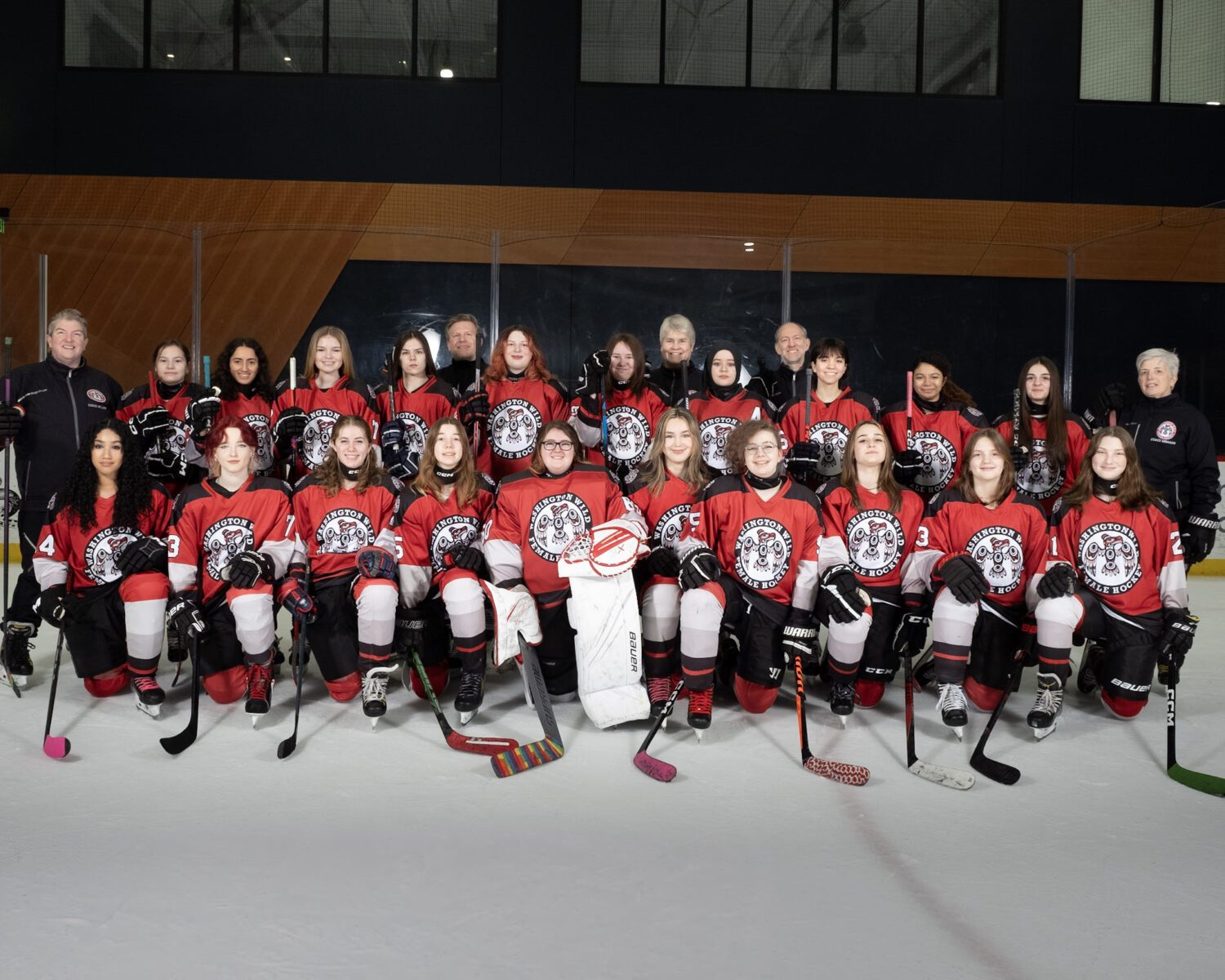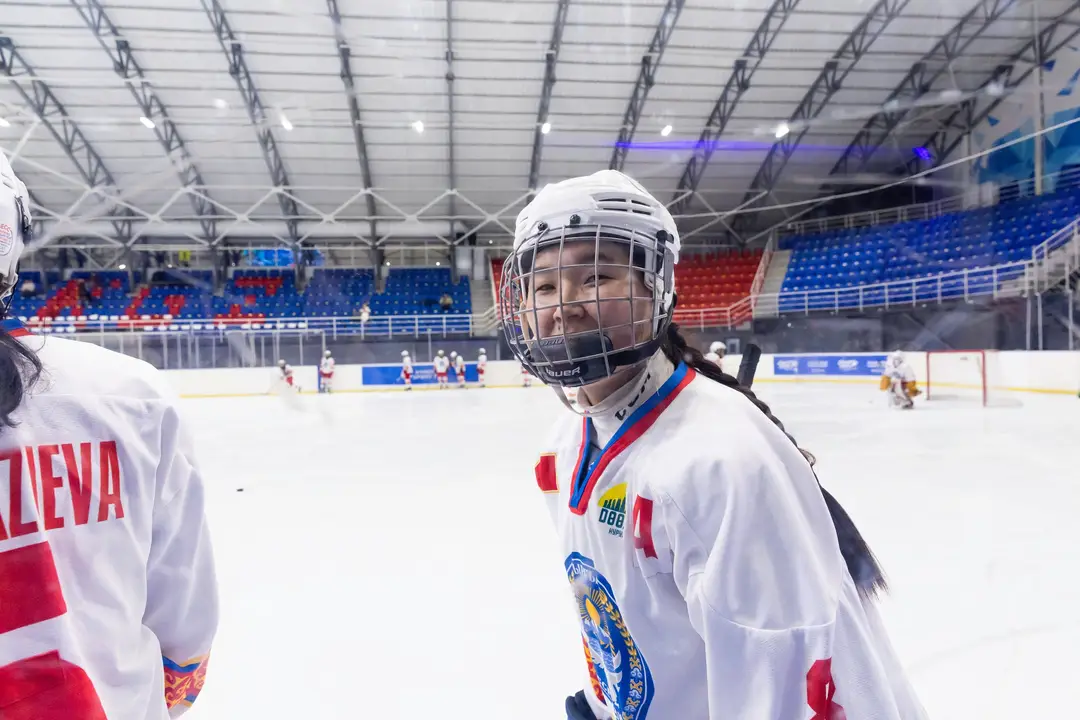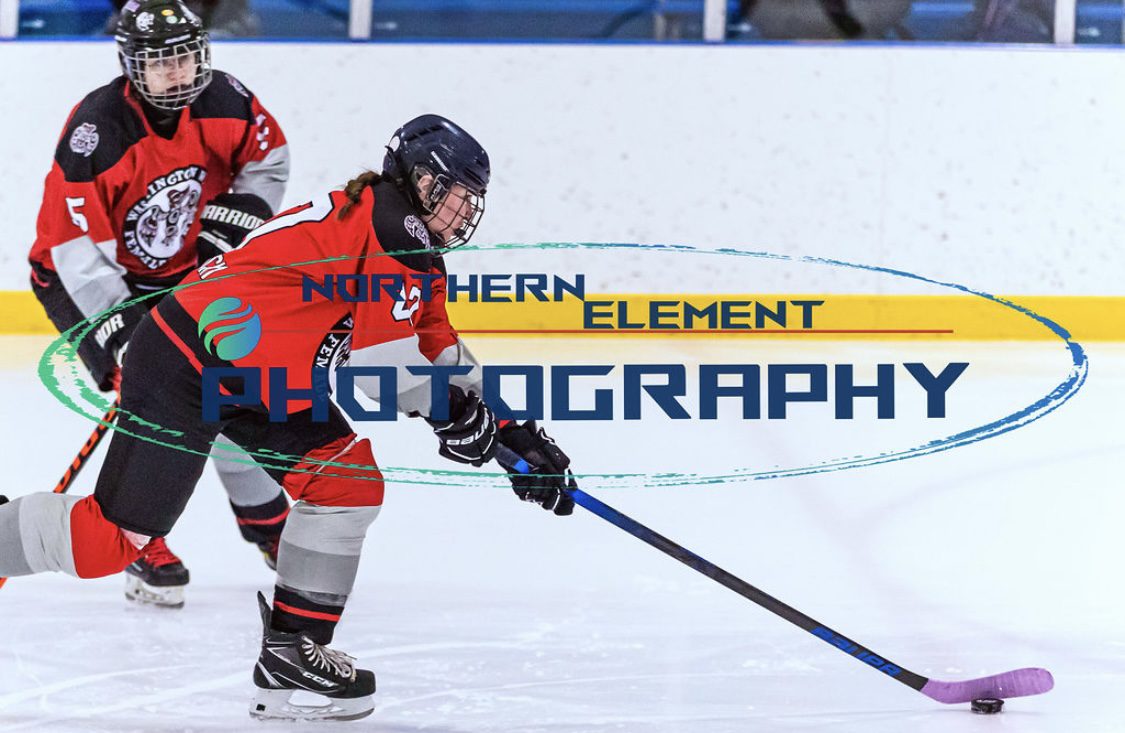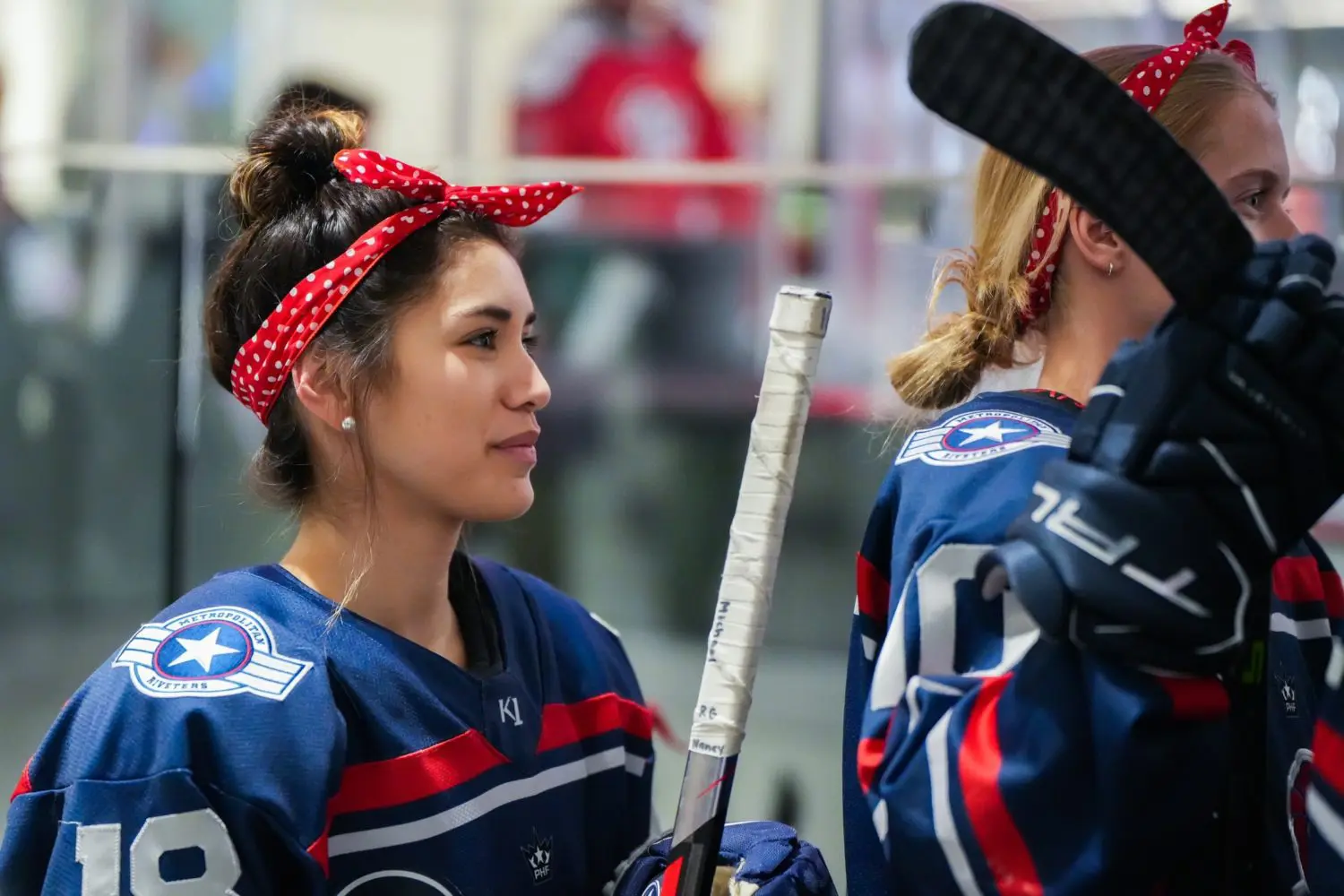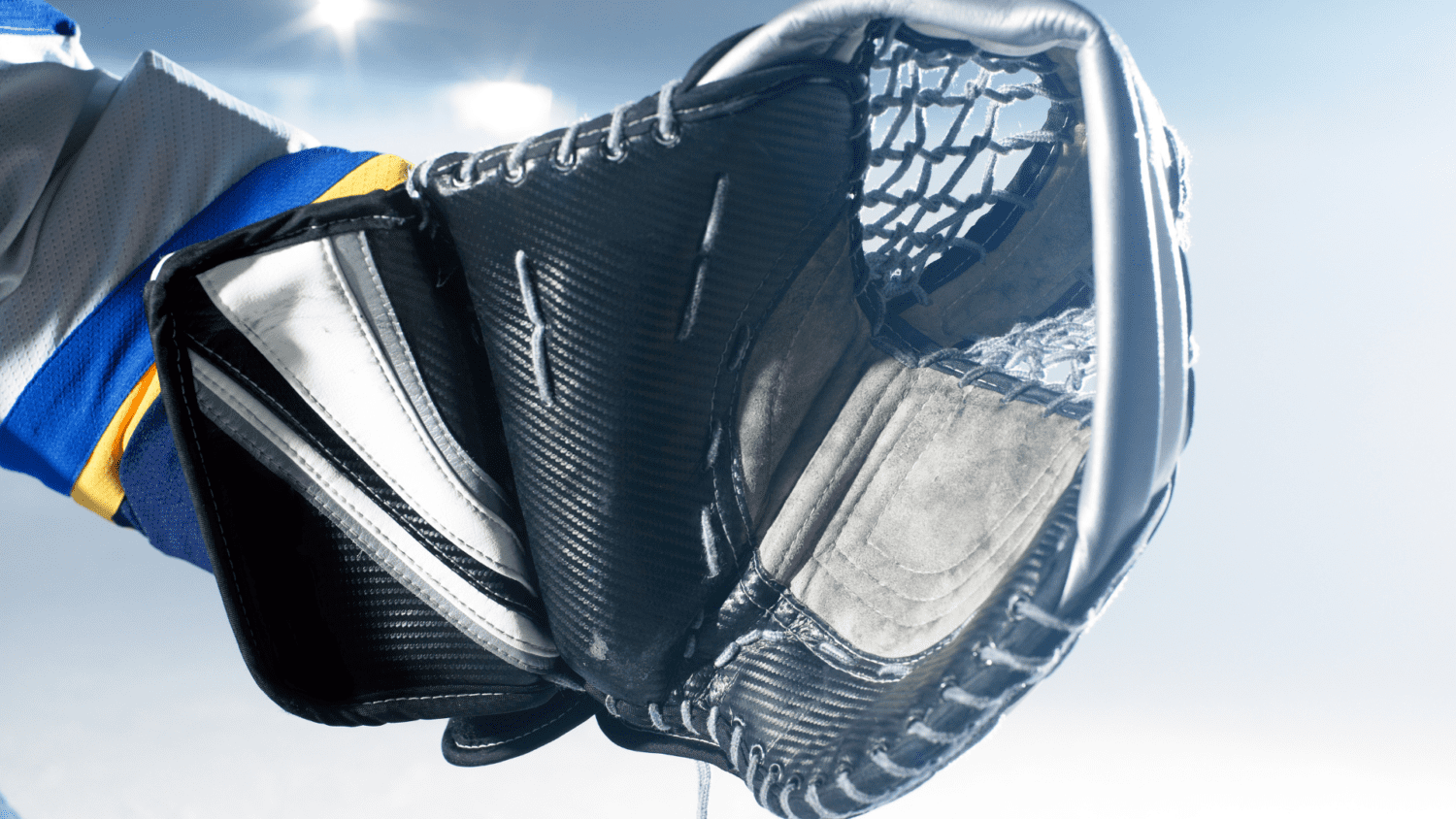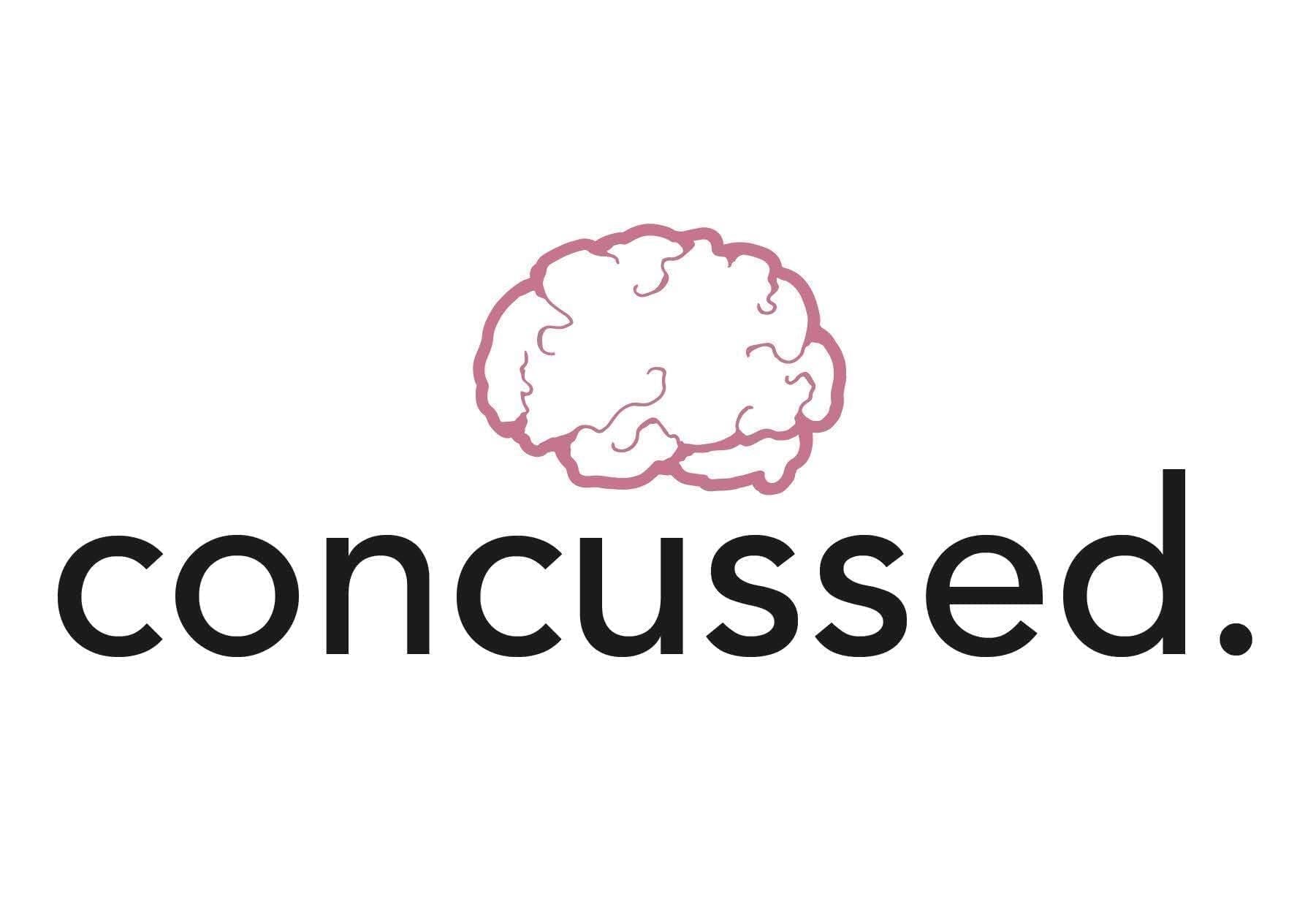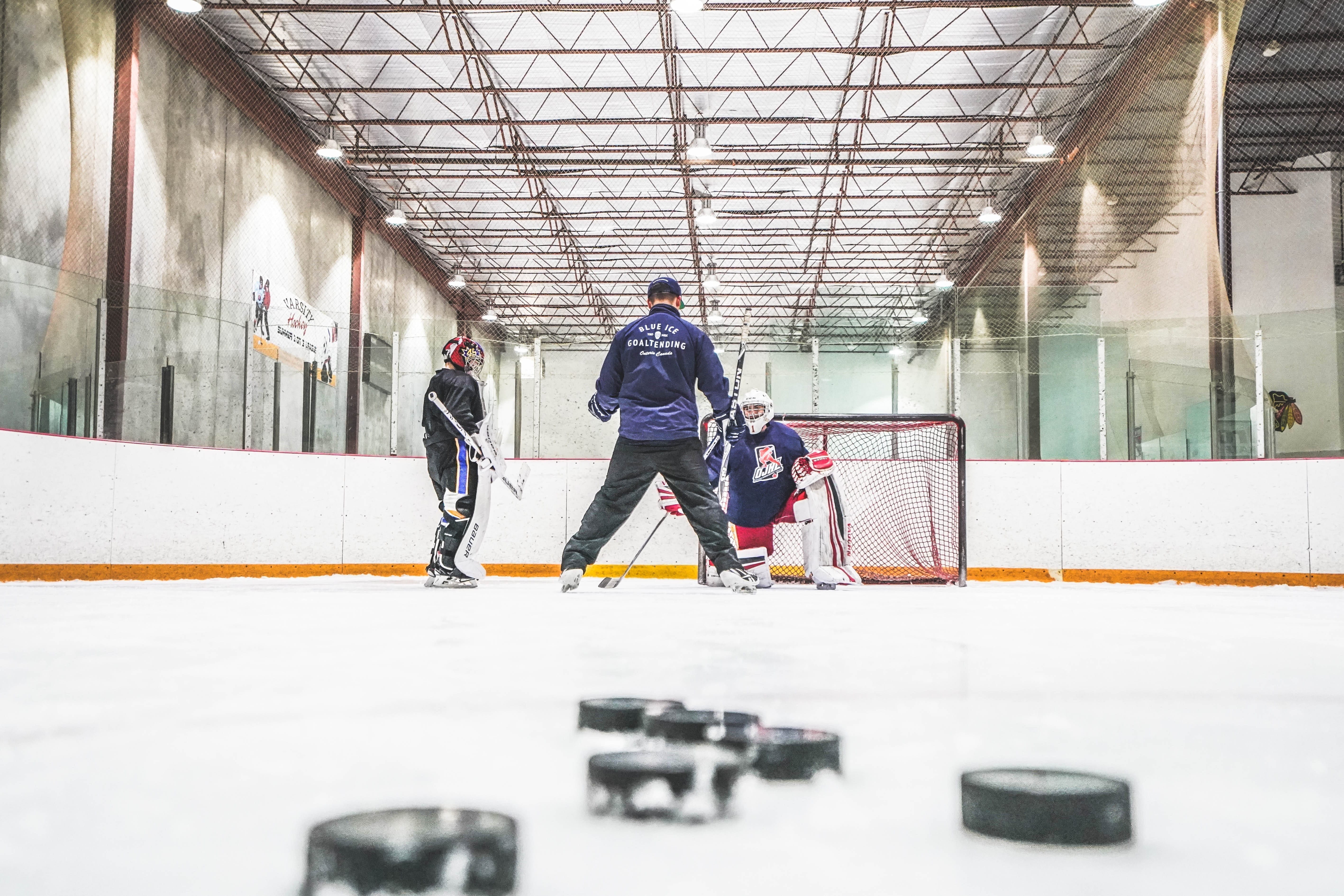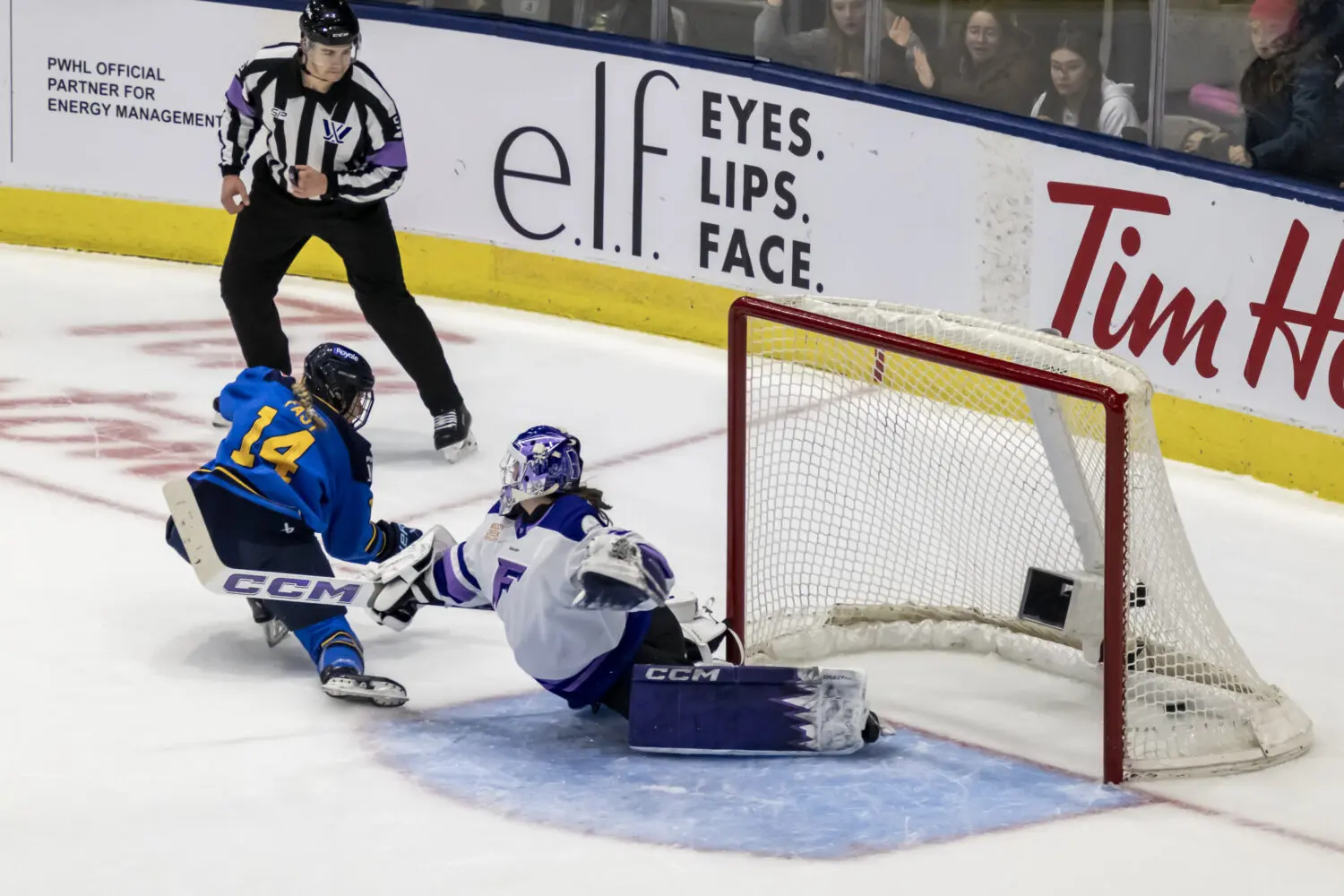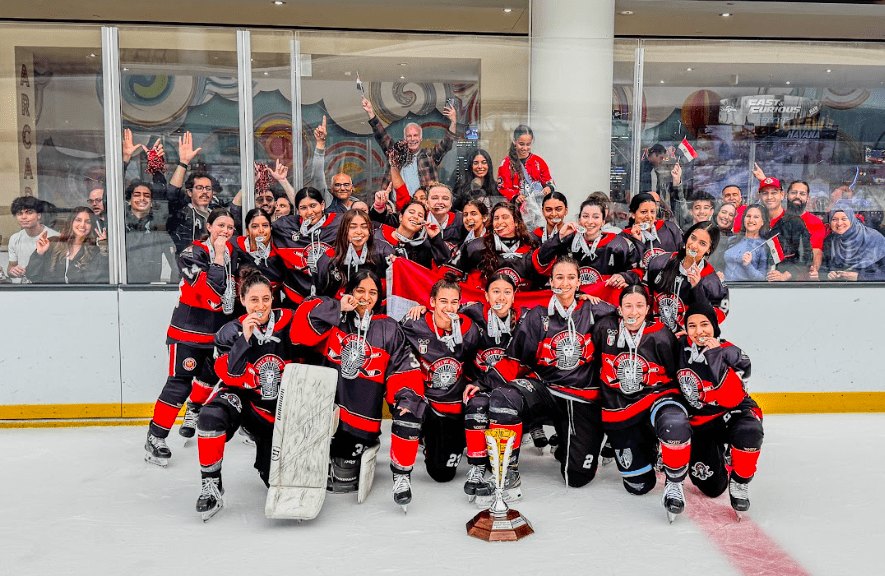During the last few minutes before hitting the ice, during the coach’s pep talk, everyone might have their own routines and thoughts, fears and motivations. Then, going out there on the ice, every time to different opponents, sounds, situations. What’s at least as important as good physical preparation for these games? Your mental game!
Everyone knows those moments in sports or life when we just know we’re not reaching our full potential and we wonder why it’s not possible.
So, what can sport psychology actually contribute?
Sport psychology brings the mental game to the game!
Ice hockey is a highly emotional sport with a complex environment, especially for women in this male-dominated field of sports; a lot of different challenges need to be faced.
So let’s view the process of reaching your full potential as cogwheels: all of them must fit to each other and only together can they start a movement—not a single one should stop, fall out, or be too slow.
Sport psychology has its main focus on the mental cogwheel and how having the cogwheel working together can improve the whole performance process, furthermore establishing how each individual, and the whole team, can reach their full potential.
But don‘t think that there‘s only one starting point. In fact, there are multiple areas where we can start improving performance through sport psychology
Variety of sport psychology
To put it in a nutshell: sport psychology encompasses cognitive and behavioral skills such as imaginary, concentration, self esteem, emotion management and motivation, as well as issues concerning injuries and rehabilitation, over-training and depression, just to name a few. It also has to do with the surroundings and creating an optimal environment with the team, trainers, family (APA, 2018).
Improving as an individual hockey player (because every member is important for the team)
As already pointed out, there are a lot of areas to work with sport psychology strategies.
“The body doesn’t speak English. It speaks imagery!” (Jensen, 2012, p.113).
Mentally rehearsing game situations, moves and tricks (e.g. slapshots or shootout moves with all the details, sequence of movements, challenges and emotions). Mentally working through these scenarios to automize them and set up the right mindset ensures you’re prepared for whatever might come during the game.
SMART goals
Have you ever heard of the SMART system? You might have experienced it yourself already where your expectations or goals were set too high and eventually weren’t reachable.
Sport psychology helps you set the perfect individual goal—not too high, not too low but SMART:
Specific – measurable – achievable – relevant- time bound.
– What exactly do I want to achieve?
– Where? How? When? With whom?
– What are the conditions and limitations?
– Why exactly do I want to reach this goal? What are possible alternative ways of achieving the same?
So, take your time, sit back and use this formula to think about your strategies to improve your game.
And always remember: “When the finish line is reached…. the finish line is a new starting line.” – Ernst Ferstl
Hope you liked Part 1…. Part 2 is coming soon!
Stay positive,
Angi Keplinger J
PS: If you feel like you need to hear more details about a topic of sport psychology, please let me know and I´ll do my best to put it in the next blog posts: www.sportpsychologie.tirol or [email protected]
References
APA.(2018). Sportpsychology. Retrieved from https://www.apa.org/ed/graduate/specialize/sports.aspx
Botterill, C. (2004, September). The Psychology of Professional Hockey. Athletic Insight, 6 (2), 17-24. Retrieved from: http://www.athleticinsight.com/Vol6Iss2/HockeyPDF.pdf
Jensen, P.(2012, May 2). The Winning Factor: Inspire Gold-Medal Performance in Your Employees. New York, NY: AMACOM.
Kareem-Abdul-Jabbar > Quotes.(n.d). Retrieved from: https://www.goodreads.com/quotes/313534-one-man-can-be-a-crucial-ingredient-on-a-team
Seltzer, L.F.(2015, July 08).Trauma and the Freeze Response: Good, Bad, or Both? Retrieved from: https://www.psychologytoday.com/us/blog/evolution-the-self/201507/trauma-and-the-freeze-response-good-bad-or-both
[adrotate group=”1″]
Related Articles
Categories
Recent Posts
[adrotate group=”2″]


